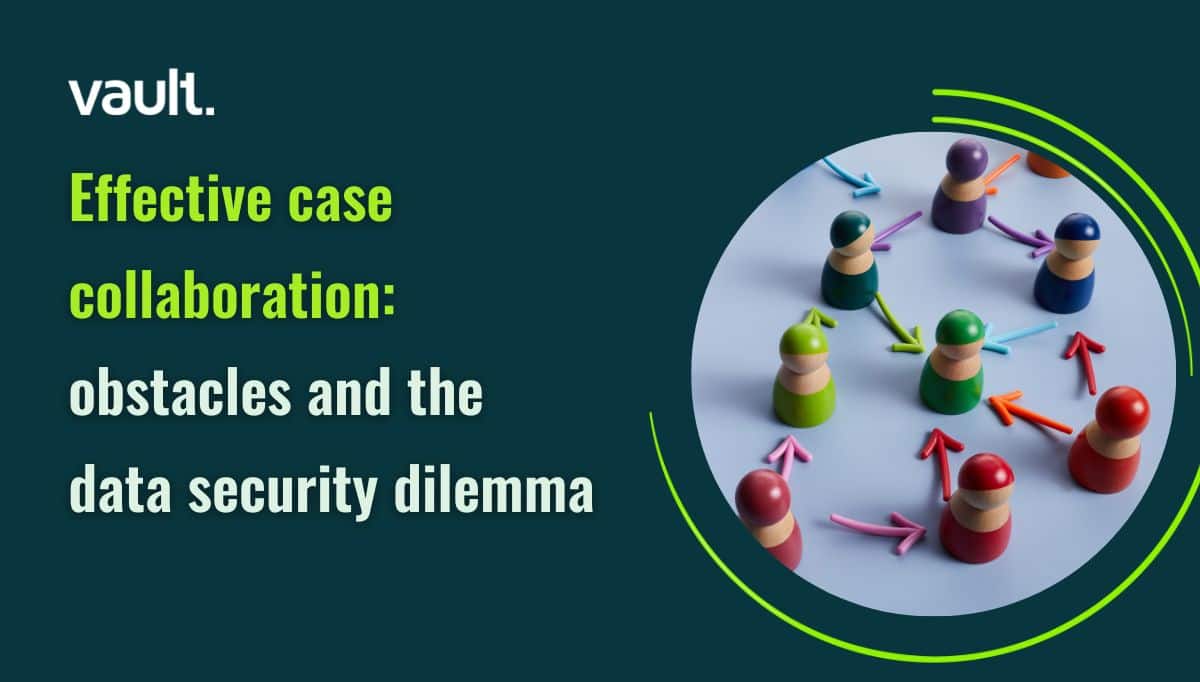
Misconduct costs US companies billions every year on rehiring and litigation alone.
When productivity is also factored in, this increases further, and the impact on individuals can be devastating.
Furthermore, just over one in ten employees globally say that they work in a strong ethical workplace culture. Despite this, misconduct continues to go underreported, meaning that many of these challenges could be addressed before they become a crisis.
In today’s ever-evolving corporate landscape, fostering a culture where employees feel empowered to report misconduct or any ethical breaches is paramount in order to build a robust speak-up culture that goes beyond risk mitigation and towards Active Integrity. This article examines how companies can effectively harness technology to cultivate a speak-up culture that tackles this issue head-on.
1. Modernize reporting channels for greater accessibility and inclusivity
Understanding employees’ diverse preferences in reporting misconduct is crucial. Each individual has their comfort level and preferred method of communication and this could range from reporting an incident via a voice call, speaking to their manager directly in a one-on-one meeting, or the choice of anonymity with the use of a mobile app or desktop-based tool.
Offering multiple channels for reporting ensures accessibility and inclusivity, demonstrating a commitment to hearing and valuing every voice. Furthermore, when you use a platform that captures reports consistently regardless of reporting method, you’re able to accelerate time to resolution
2. Use Artificial Intelligence-powered technology to streamline the speak-up process
AI is already playing an important role in fostering transparent, ethical, and compliant practices across diverse organizational functions. However, in ethics and compliance it has lagged behind. Until recently there has been a reliance on legacy hotlines for misconduct reporting and data analysis in the space has been more of a guessing game.
AI tools are able to streamline reporting processes, ensuring confidentiality, efficiency, and transparency.
For example, language barriers should never hinder employees from reporting misconduct, so implementing a tool that instantly translates reports into multiple languages can improve efficiency in case resolution and create a more inclusive environment.
Another convenient solution is AI-powered voice-to-text transcription technology. By offering employees the option to report incidents via a short phone call, which is then converted into text format, accuracy and confidentiality can be maintained throughout the reporting process, making it easier for employees to share their experiences and case managers to accelerate time to resolution.
3. Use Analytics Tools to Mitigate Risk
Transitioning from reactive to proactive risk mitigation requires aligning every aspect of the business towards integrity. Gaining insight into the ethical health of your organization and the effectiveness of integrity initiatives allows you to identify areas for improvement, ultimately driving accountability and contributing to a healthier work environment.
Overall, these three strategies empower organizations to foster a culture of Active Integrity, where every employee feels supported in speaking up, and every decision aligns with ethical principles. By embracing technology and analytics, companies can position themselves for long-term success while prioritizing trust, transparency, and accountability.
How can Vault help?
Vault Platform is the operating system for corporate integrity. Find out how we can help you and how we can enhance your Ethics program by booking a quick demo with us.
And if you’d like to hear more about AI and automation in ethics and compliance, watch our on-demand webinar.



